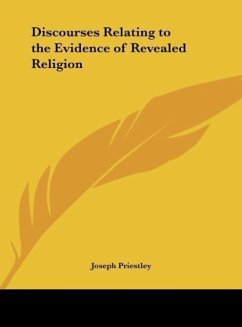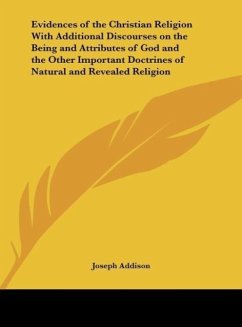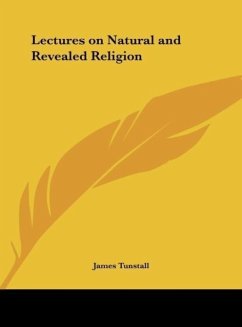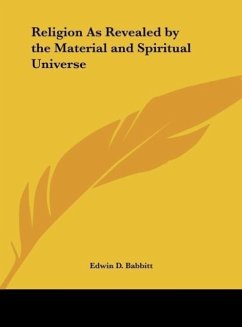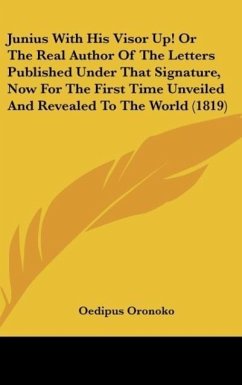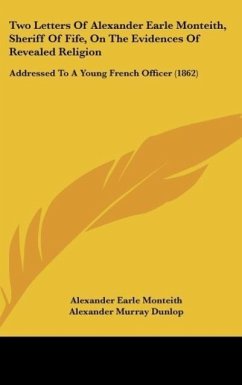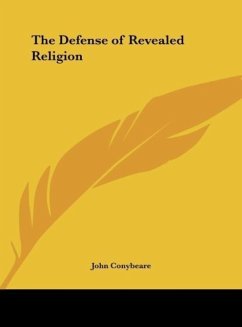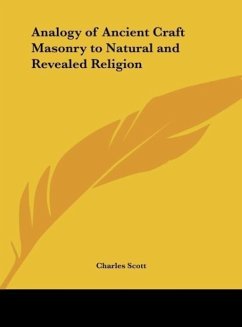1796. These thirteen discourses were delivered in the Church of the Universalists at Philadelphia in 1796, and were published at the request of many of the hearers. The discourses herein found may be considered as supplemental to those which Mr. Priestley delivered in England relating to the same subject. Due to the age and scarcity of the original we reproduced, some pages may be spotty, faded or difficult to read. Written in Old English.
Hinweis: Dieser Artikel kann nur an eine deutsche Lieferadresse ausgeliefert werden.
Hinweis: Dieser Artikel kann nur an eine deutsche Lieferadresse ausgeliefert werden.

